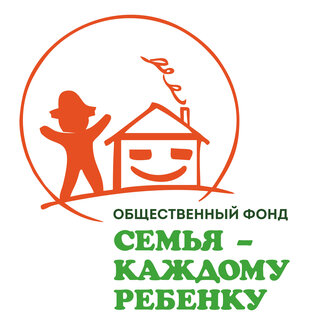Semya Kazhdomu Rebenku works to prevent children with disabilities from growing up in residential care. They work closely with local authorities and the Kyrgyzstan government to ensure that these particularly vulnerable children receive the specialist care they need, in loving families.
Semya is a member of Family for Every Child.
Where they operate
Organization Type
Main Areas of Work
What They Do
Semya trains social workers, offers community based rehabilitation, and collaborates with foster families and local authorities. Semya plays an active part in developing practice and policy with the government and UNICEF nationally, and contributes to advocacy campaigns with a national alliance of NGOs working on children’s rights.
Most children with disabilities live in rural areas of the country and their families are often stigmatised by their communities. Kyrgyzstan is a poor country with high levels of unemployment so many families struggle to provide children with adequate care, and for families with children who have special needs the challenge is even greater. There are no support services available to them and very few buildings, streets or facilities are accessible to people with disabilities. Placing children in under-staffed and badly equipped institutions can be seen by some parents as the only option, with the mistaken belief that their child will receive a better level of care.
By training social workers, offering community based day care and rehabilitation, and collaborating with foster families and local authorities, Semya helps to keep children with their biological families, or place them in alternative family-based care.
Semya also works to bring about change on a country-wide level. By campaigning for changes in legislation and joining forces with other organisations working in Kyrgyzstan, they advocate for the care of children with disabilities to be family-focused.
The organisation has transformed local government services in 3 provinces in South Kyrgyzstan. In these locations children with disabilities are now better protected and are much more likely to remain in the care of a family rather than an institution.
Since 2012 the Semya has trained over 300 social workers and established 5 day care centres, ensuring that families who are caring for children with disabilities receive the specialist support they need to stay together. In the last 2 years 141 children were prevented from entering residential care and 134 were reunited with their families.

